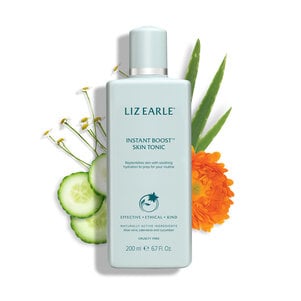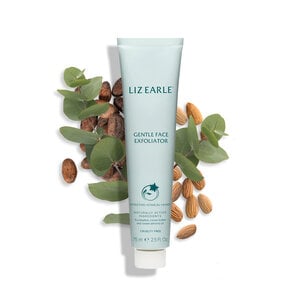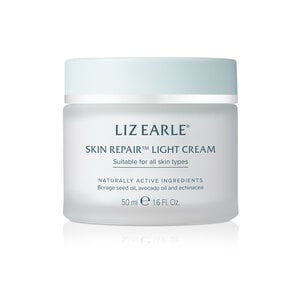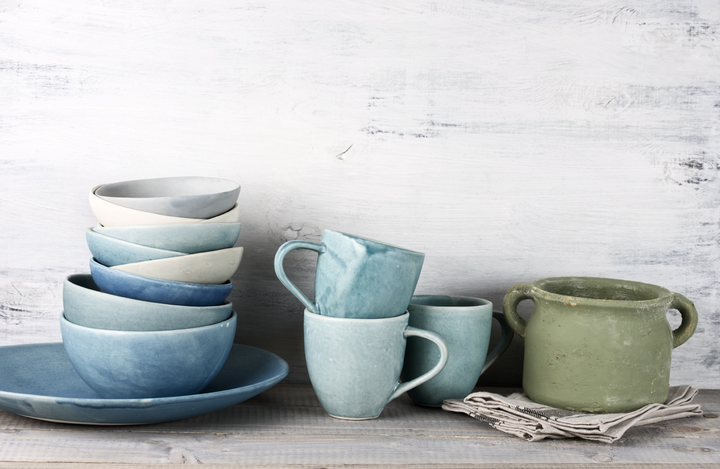
Welcoming wabi-sabi – the beauty of imperfection
October 25, 2018
2 min read
While the Danish concept of hygge had us momentarily drooling over cosy Pinterest perfect interiors and fluffy jumpers, for most it ultimately proved to be just another flash in the pan trend – here one minute, gone the next. However, wabi-sabi, the latest philosophy to emerge into the wellness sphere might just be the one to stick – and here’s why. The Japanese art of wabi-sabi has no direct Western translation, but broadly means a celebration of the ‘imperfectly perfect’*; embracing the beauty in the flawed, the fleeting and the incomplete. With roots in Zen Buddhism and traditional Japanese tea ceremonies where the utensils were handmade with deliberate mistakes in the design, it was believed that objects were all the more beautiful for marks of individuality, imperfection and age.
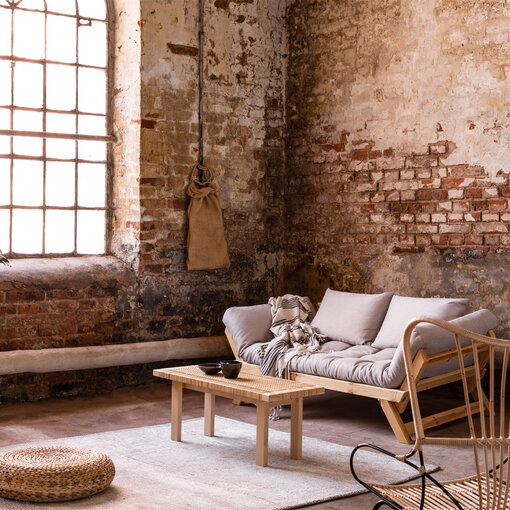
In your home
Just as the tea ceremony utensils were celebrated for their cracks and wonky gait, why not embrace this element at home? Julie Pointer Adams, author of Wabi-Sabi Welcome, suggests that we recognise the beauty in what we already have – so your dented dining table, chipped fruit bowl and well-worn cushions can all can be appreciated for the memories attached to each imperfection. When you do purchase a new item, instead of reaching for the latest Ikea catalogue, finding something pre-loved, naturally aged, or even creating something yourself could be a great way to introduce an element of wabi-sabi into your space (plus encourage less waste!).
Top tip:
Closely tied in with the wabi-sabi philosophy is the Japanese art of kintsugi, where broken ceramics are repaired using a resin mixed with powdered gold or platinum – leaving behind the visible but beautiful cracks and imperfections.

In your beauty routine
Laughter lines? Crow’s feet? Silver hairs? When you embrace a wabi-sabi philosophy all these things are beautiful (as they should be), encouraging a culture of self-love rather than self-improvement. The same can go for your beauty routine – who cares if your morning make up doesn’t go quite to plan?

At work
More and more our professional lives demand perfection at all times – and yes, this isn’t an easy one to counteract. While a ‘c’est la vie’ attitude might not always wash in the workplace, a wabi-sabi outlook can offer a calming perspective, allowing you to slow down and think mindfully and carefully. Challenges may arise, but it’s okay! You’ll find the answers – and it may even be what you consider to be your ‘weaknesses’ that help you get there.

On social media
We’re all guilty of falling into a spiral of scrolling envy every once in a while. Wabi-sabi encourages us to step away from the unhealthy habit of online comparison and instead embrace an unfiltered perception of reality. When it comes to our own feeds we can also afford to curate a little less – celebrating some delicious but chaotic home cooking or sharing an unedited holiday snap are good first steps towards being more wabi-sabi online.
*Source: Julie Pointer Adams, Wabi-Sabi Welcome
SHOP YOUR ROUTINE
